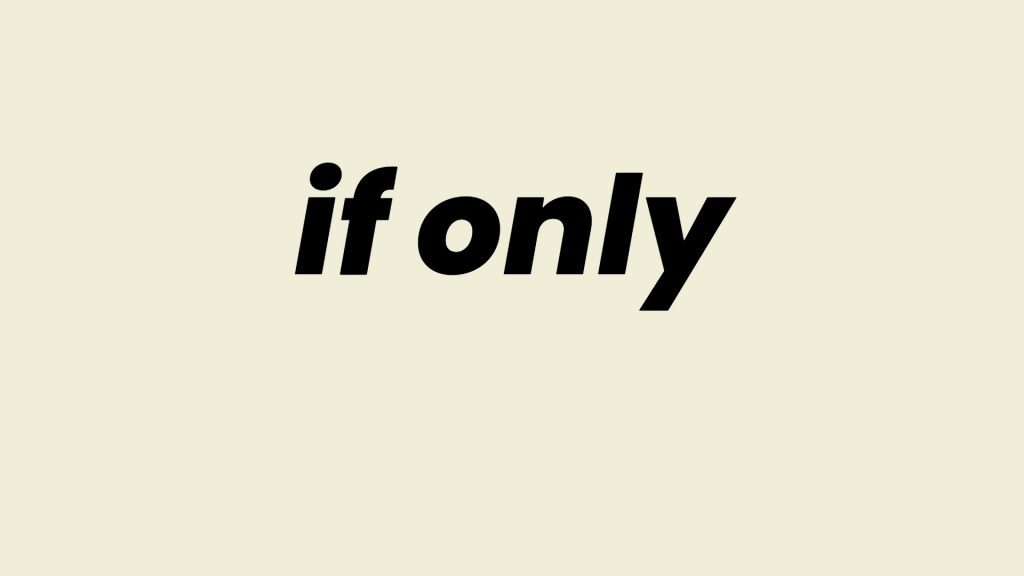
On your journey of learning German, you inevitably encounter a situation that requires you to express something limited to an amount, some people, things or an activity.
That is straightforward and can be expressed using the adverb nur (only).
Here are some example sentences:
Es kostet nur einen Euro. It only costs a Euro.
Nur er kann das machen. Only he can do that.
Ich habe nur 10 Euro. I only have 10 Euros.
Sie spielen nur Fußball. They only play football.
A young family with 2 children, however, may say one of the following:
Wir haben nur 2 Kinder.
Wir haben erst 2 Kinder.
The first sentence implies that the family have 2 children without a desire for more children, whereas the second sentence expresses that they have two children and wish for more.
You guessed it correctly: German has 2 words for the word only.
nur – means only in the sense of that is all there is
erst – means only in the sense of up until now or so far, implying there is more to come.
Compare these two sentences, which have entirely different meanings:
Er wurde erst 50 Jahre alt.
Er wurde nur 50 Jahre alt.
The first sentence means he only turned 50 and can expect to live longer. Yet, the other sentence means he’s no longer alive as he only turned 50, and there is no more to come.
What, then, is the difference between these statements?
Ich spreche nur ein bisschen Deutsch.
Ich spreche erst ein bisschen Deutsch.
In both statements, the speaker says they speak a bit of German, whereas in the second statement, the speaker also expresses a desire to improve their German.
Should you have a desire to improve your German, then please get in touch.
